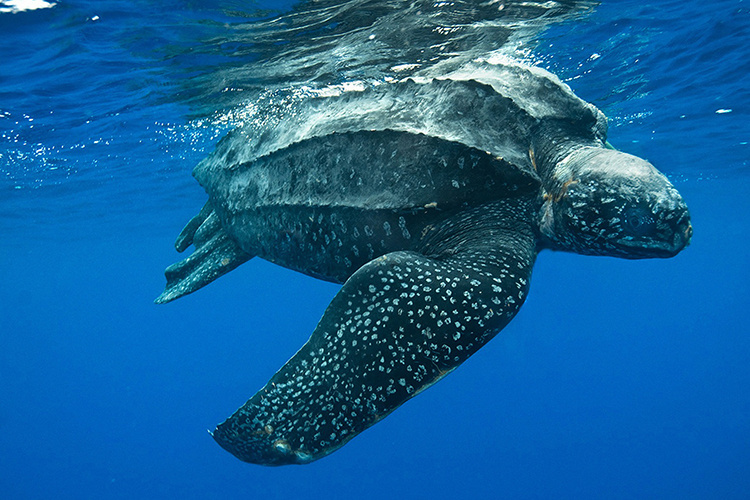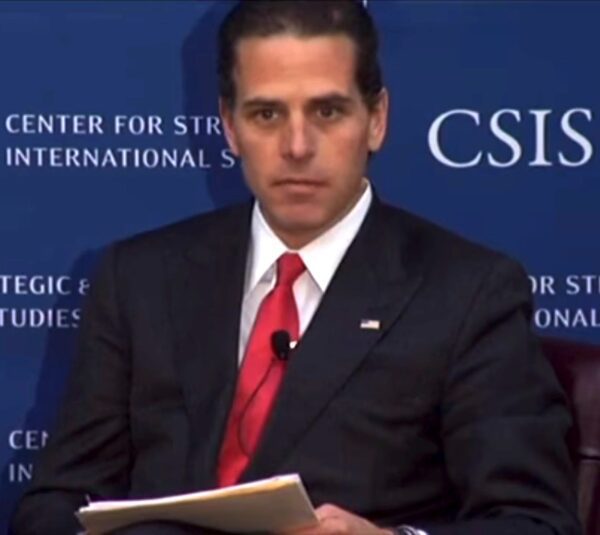By Suzanne Potter, Producer
The California Department of Fish and Wildlife just announced a marine warden discovered an endangered Pacific leatherback sea turtle dead, drowned by old crab-fishing gear left off the Farralon Islands near San Francisco.
Today, the agency’s Dungeness Crab Fishing Gear Working Group is meeting to discuss how to respond.
Geoff Shester, California campaign director and senior scientist for Oceana, said sea turtles and whales can get trapped in vertical ropes extending from a buoy on the water’s surface to the trap on the ocean floor.
“When they do encounter something like a rope, they often spin around in circles and kind of do some twists to try to get unwrapped,” Shester explained. “But unfortunately, they start to panic and can even get more entangled. The rope was wrapped around it. So, it was essentially pinned and was underwater, so then, it couldn’t get to the surface to breathe or escape.”
This year’s crab fishing season has already been delayed twice and now could be pushed into the new year. Federal research shows Pacific leatherback sea turtles have declined off California by 90% over the last 30 years and are at risk of going extinct due to gear entanglements, loss of nesting habitat and poaching.
Shester wants the state to approve newer, ropeless pop-up gear which can sit on the ocean floor until the fishing crew returns.
“We’re calling on the California Department of Fish and Wildlife to strengthen those rules, both for lost gear and also to authorize the use of pop-up gear,” Shester emphasized. “So that there are more options for fishermen to stay on the water and fish in a whale- and turtle-safe method.”
The state estimates Dungeness crab fishing crews lose between 7,000 and 14,000 traps each fishing season, and fewer than 5% are retrieved.
Disclosure: Oceana contributes to our fund for reporting on Climate Change/Air Quality, Endangered Species & Wildlife, Environment, and Oceans. If you would like to help support news in the public interest, click here.







